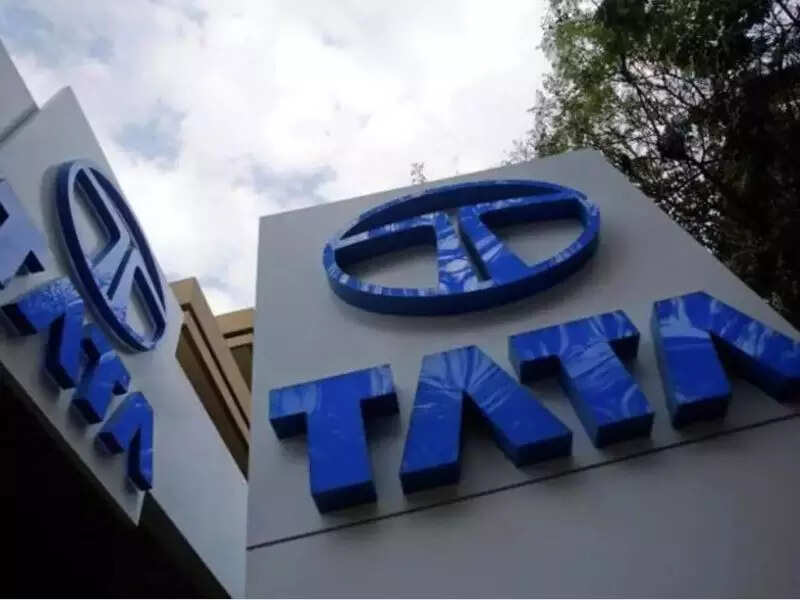
Thomas Flack, president & chief purchase officer (CPO), Tata Motors, is now the CEO-designate of Tata Sons‘ ambitious lithium-ion battery company that will soon begin commercial production. Flack, 54, has been handpicked by Tata Sons chairman N Chandrasekaran to helm this Sanand-based project due to his huge experience in component sourcing and supply chain, officials close to the development said.
Tata Sons is pumping in more than INR 4,000 crore into the battery business as Tata Motors seeks to establish firmly its credentials as the biggest EV player in the country. The battery business, currently code-named Apollo, has been identified as one of the top future growth engines by Tata Sons.
The expat joined Tata Motors in 2017 and was reporting to Guenter Butschek, the then MD. During an earlier 14-year stint at Ford Motor Company, he was the global purchasing director for raw material and stamping.
Flack introduced the Advance Modular Platform, or AMP, where the vendor base was reduced across passenger and commercial vehicle divisions .
Besides leading the foray into cell manufacturing, Flack will continue to guide the procurement teams at Tata Motors and its various product streams as they embed themselves in the respective businesses, following the recent re-organisation and remain an invitee to the Tata Motors executive committee for the remainder of FY23, said an internal communication.
Tata Sons did not comment.
The Tata Group has lined up an investment of USD 90 billion (INR 7.42 lakh crore) over the next five years across its existing and new businesses, including electric vehicles (EVs), batteries, renewables, 5G, precision electronics and possibly semiconductors.
Tata Motors aims to produce one lakh units of EVs in the next 12 to 18 months as part of the ongoing green wave and government’s vision of 30% electric vehicle penetration by 2030.
Lithium-ion cell technology is expected to dominate EVs for at least the next 5-10 years. Import dependency, supply chain control, price fluctuations due to raw material price variations, and increasing battery requirement are reasons auto OEMs would prefer full control of lithium-ion cell manufacturing and supply. The battery part contributes around 45-50% of the total vehicle costs.
Sooner, we will see more Indian and foreign OEMs putting their cell-giga factories in India, said Randheer Singh, director of electric mobility and senior team member for advanced chemistry cells programme in NITI Aayog.
Setting up of the domestic battery manufacturing capacity is expected to meet India’s renewable energy targets and reduce the country’s dependence on imports.
Earlier this month, the government announced that it had discovered Lithium inferred resources of 5.9 million tonnes in the Reasi district of Jammu and Kashmir.
“For a green future, minerals like lithium will be as important as oil and gas today are. It’s in India’s strategic interest to secure not just the mineral, but also set up the required cell and battery manufacturing systems within the country,” said Rishabh Jain, Senior Programme Lead, CEEW, which is tasked with helping reduce the nation’s carbon footprint.
Also Read:
